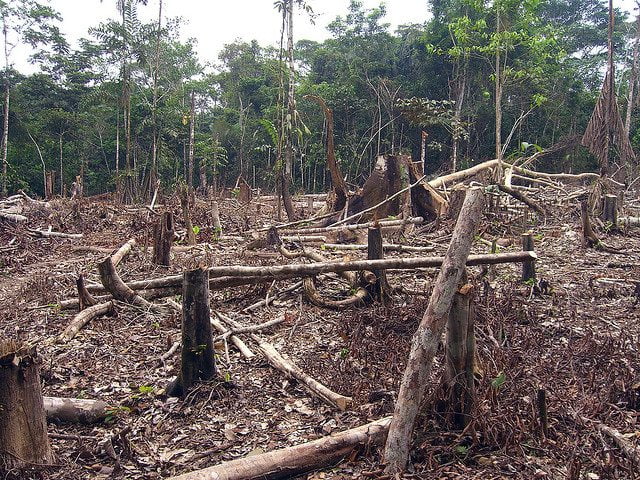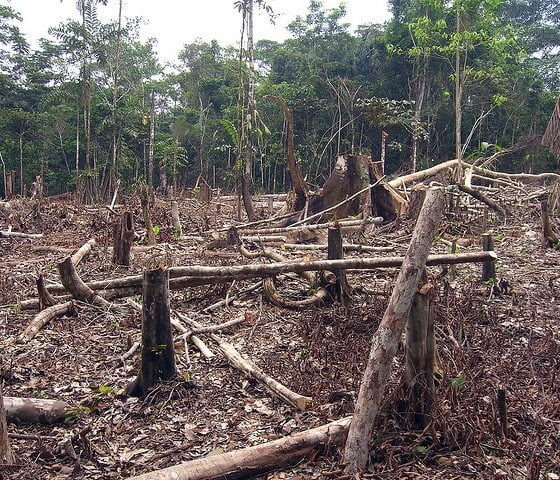

Economy
Australia’s largest banks accused of funding land grabs
The four largest banks in Australia have been accused of backing companies involved in land grabbing, leaving people homeless around the world. The accusations follow similar allegations made about UK banks.
Land grabbing, and its environmental and social impacts, is an issue that has been gaining more attention recently, as some corporations and financial institutions have adoptied tougher due diligence polices to prevent their involvement in such activities. The issue is one that is also moving up the agenda of investors due to its human rights and financial impacts.
According to Oxfam Australia, ANZ, Westpac, National Australia Bank and the Commonwealth Bank – the four largest banks in the country – have all backed companies that have contributed to illegal logging, forced evictions, inadequate compensation, food shortages and child labour.
Last year, environmental campaign group Friends of the Earth linked UK banks with land grabbing. According to the organisation’s study, Barclays and HSBC were funding a palm oil company involved in land grabbing activities in Uganda, violating environmental regulations and affecting the local community.
Dr Helen Szoke, chief executive of Oxfam Australia, argued that banks involved in such activities put customer and shareholder money at risk. In the case of the Australian banks the report argued that the investments in land grabbing companies could result in asset write downs and the possibility of foreign governments and courts shutting down land deals, resulting in significant financial loss.
She added, “Investment in agriculture is vital to reduce global hunger, but it has to be done responsibly. The banks need to say which companies they’re investing in, and where those companies have pushed people off the land, to work with those companies to change their practices and provide compensation to communities.”
British banks were also accused of funding the Indonesian coal boom, which campaigners said was damaging the environment and threatening the lives of communities in Borneo last year. A report from the World Development Movement stated that 83% of coal extraction in Borneo is mined by companies partly funded by UK banks.
These separate pieces of research raise questions around the ethical and sustainable credentials of banks as well as the role the financial world plays in creating a more sustainable business world and promoting responsible solutions.
Photo: Matt Zimmerman via Flickr
Further reading:
Friends of the Earth study links UK banks with land grabbing
Land grabbing in Laos and Cambodia breach human rights
Credit Sussie accused of ignoring human rights commitments
High street banks’ coal investments linked to destruction of Borneo rainforests


 Environment12 months ago
Environment12 months agoAre Polymer Banknotes: an Eco-Friendly Trend or a Groundswell?

 Features11 months ago
Features11 months agoEco-Friendly Cryptocurrencies: Sustainable Investment Choices

 Features12 months ago
Features12 months agoEco-Friendly Crypto Traders Must Find the Right Exchange

 Energy11 months ago
Energy11 months agoThe Growing Role of Solar Panels in Ireland’s Energy Future


























